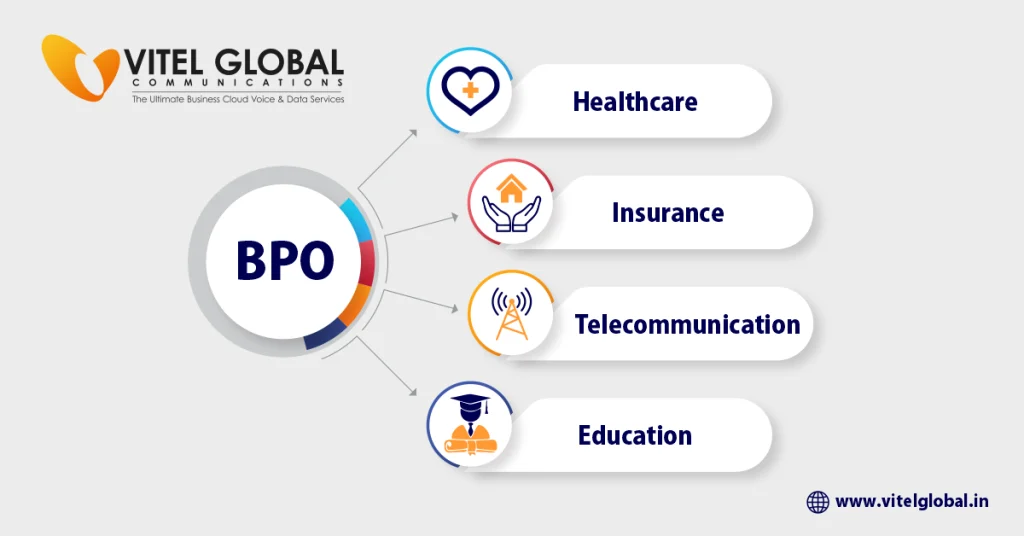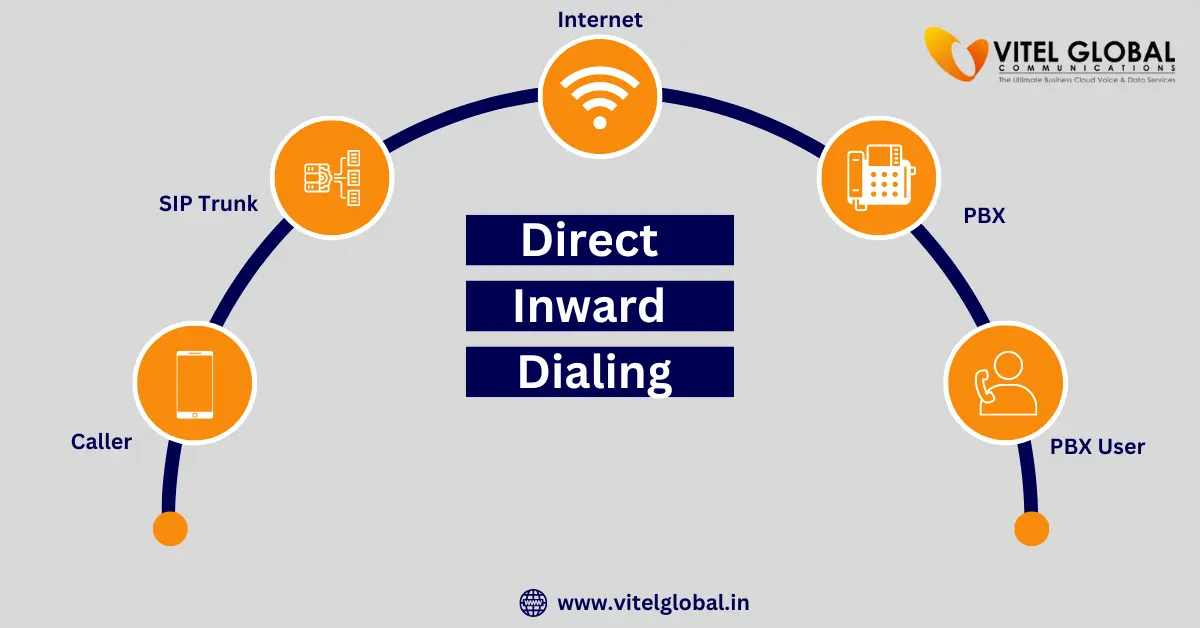Table of Contents
What is a BPO?
The practice of contracting out various company-related operations to outside suppliers is known as business process outsourcing (BPO).
In the earlier states, Business Process Outsourcing (BPO) was only used by manufacturing companies that are huge such as soft drinks producers. They outsourced great portions of their supply chains. But now, it is used for the outsourcing of many different goods and services irrespective of the size of the business. The introduction of the internet calling system with a wide variety of calling features has made BPO affordable today.
A Little about the Overview of Business Process Outsourcing (BPO):
In the present dynamic and immensely competitive business environment, many businesses from small startups to established corporations. They prefer to choose to outsource certain activities. Companies do this generally to save the investment for space and resources. Sometimes, the activity needs dedicated experts (a third party).
In general, businesses use BPO techniques for their front-office and back-office activities. Back office BPO describes business outsourcing as its essential business support function. Outside experts grab these as they can make sure the operation works successfully and we refer to them as third parties. Such a move can assure a reduced investment with an expectation of improved productivity.
These functions include accounting, payment processing, IT services, human resources, regulatory compliance, and quality assurance.
Crucial Considerations:
Whether a company contracts its activities within or outside of its nation will determine the scope of its BPO possibilities. BPO in some cases is referred to as “offshore outsourcing”. We address it in this way if the contract transfers to a nation with stable judiciary/political conditions, low labor costs, and fewer taxes. One such instance of offshore outsourcing is a western corporation hiring an eastern world organization BPO.
Why Does a Company Require BPO?
BPO frequently attracts businesses because it gives them more operational freedom in dealing with things. Enterprises can reallocate time and resources to core capabilities like customer interactions. Even product leadership might shift by outsourcing non-core and administrative tasks, giving them an edge over competitors in their market.
Businesses that use BPO have access to cutting-edge technology tools they might not otherwise have. By implementing the newest technologies and methods, BPO partners and businesses continuously try to improve their processes to stand in the business race.
The idea of outsourcing is remarkably flexible as BPO also provides businesses with many benefits. They include the advantages of rapid resource reassignment as needed, improved productivity, and quick and accurate reporting.
Besides, on an honest note, there are some drawbacks to BPO. Let us have a look at a few of them now!

Drawbacks of BPO:
There are numerous benefits to BPO but also drawbacks to address. A company that outsources its business processes may underestimate the operating costs of BPO providers. This makes them stand at risk of data breaches or communication issues that delay project completion.
If customers believe that outsourcing is of lower quality or that it hurts domestic employment, this could also be a drawback because it could cause a conflict between the firm and employees.
Talking about Goals and Types of BPO:
The term “business process outsourcing” (BPO) refers to the practice of outsourcing business processes to an outside organization. The primary objective is to reduce expenses, free up time, and concentrate on the primary business functions.
There are two types of this in general usage. Back-office and front-office BPO are the two types. The internal aspects of a business, such as a payroll, inventory purchasing, and billing, come under back-office BPO.
Likewise, marketing and customer support teams are the primary focus of front-office BPO.
As we have discussed the drawbacks in the above short note, allow us to present some of BPO’s advantages too.
Advantages of BPO:
BPO offers an immense number of advantages to firms, especially larger organizations. cost reduction is one of the primary benefits.
Internally carrying out a particular job function costs a certain amount. By delegating this task to a third party outside the organization, typically in a nation with lower costs, BPO can cut these expenses in half.
Another advantage is that a business can concentrate on core business functions. This is essential to its success rather than to non-essential administrative tasks or other aspects of running a business. BPO also helps with the firm’s growth, especially when expanding overseas.
Utilizing a BPO company with experience in the local industry is crucial when making choice. The team should speak the required language if a company is interested in opening an overseas branch or operating internationally.
Bottom line:
In contrast to outsourcing the entire production, business process outsourcing (BPO) employs third-party specialists to carry out a portion of its business operations.
BPO can help a business to save money, work more efficiently, and be more flexible simultaneously. Undoubtedly, the BPO industry is expanding at a rapid rate. It is not limited to any nation and this BPO outsourcing is spreading everywhere in the world economy, which is becoming increasingly global.
The immediate element that strikes our mind thinking about a BPO company is customer care which comes under telecommunications. As VoIP technology is currently ruling the entire telecom industry with specially tailored services such as SIP Trunking, API integration, etc. Business operations have reached a point of ease.
VitelGlobal promises the highest uptime simple system administration and quick addition of new members from anywhere in the world. Additionally, all of your staff can connect easily regardless of the devices they each use. Why not request a demo today?







